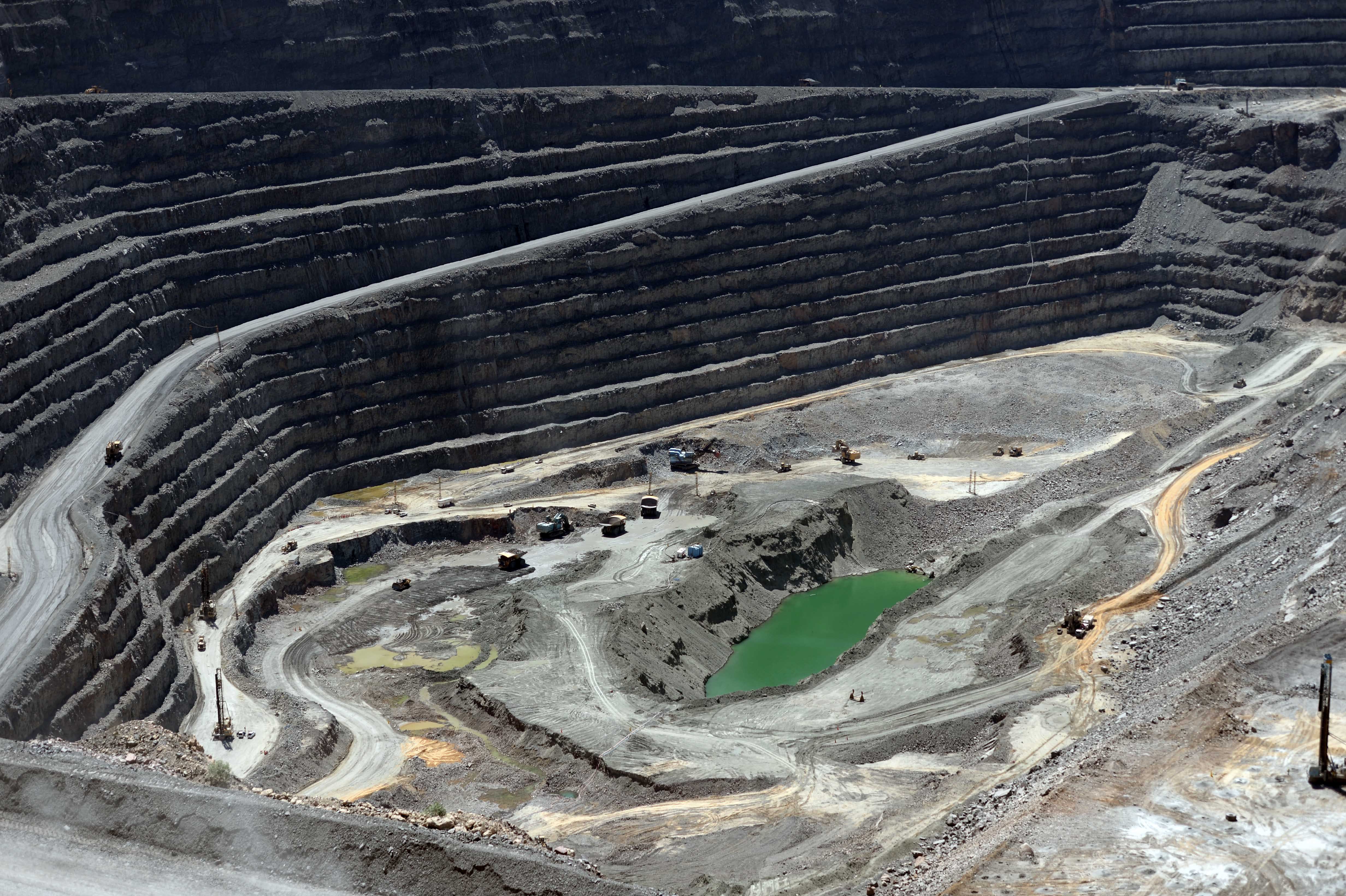GAZETTE REPORTER
Should diamonds be depleted before Botswana’s economy is diversified away from diamonds , economic gains that were driven by the commodity could be reversed in a few years, economic experts have warned.
Last week at the Botswana Resources Sector Conference, delegates heard that unsuccessful government diversification efforts have left the economy ever more reliant on diamonds.
The conference which has been successfully running since 2003, brings together all stakeholders in the mining sector in Botswana and internationally. It is attended by mining companies, prospecting companies, financial institutions and investors.
At the conference, Vuyo Ntoi, said there was potential for economic growth but warned against prolonged reliability on diamonds. Ntoi is Investment Director at African Infrastructure Investment Managers (AIIM), an infrastructure management division of Africa’s renowned and leading financial services companies Old Mutual group.
He said volatility in global commodity prices threaten Botswana’s mining sector and are a risk to related investment and construction.
A recent study by Lesego Sekwati, titled “Economic Diversification: The Case of Botswana” elaborates on the challenges ahead.
“The economy is heavily dependent on the diamond-mining sector, which accounts for almost a third of GDP.
In 2008, Botswana launched Diamond Trading Co. Botswana to sort, value, market and distribute aggregate diamonds in Botswana. Through this additional activity, it was expected that diamonds worth $550 million would be polished locally, thereby creating more than 3,000 jobs. The cutting and polishing industry however failed to take off as expected, followed by considerable job losses from the closure of several key polishers.”
Furthermore, Sekwati in his research states, “the diamond-mining sector, which itself follows movements in world demand for the luxurious primary export commodity, however exposes the economy to vagaries of the world market.”
Despite its diamond success story Botswana has failed to tap into other avenues that could boost the economy in manufacturing, retail, sports. This is shown by low industrialization. Experts have expressed concern over this its economic impact will be felt in the next 50 years or so when the mineral runs out as projected by mining industry players.
Economists Rob Davies and Dirk van Seventer also authored a paper called Life after Diamonds:
The Economy-wide Consequences of Declining Diamond Production in Botswana.
The research paper said that depletion of diamonds would come in reduced total factor productivity in diamond mining (approximately 30 percent each year), plus reduced capital productivity in diamond mining (of up to 40 percent each year). The duo said when such occurs, Botswana will then start making additional increased investment in diamond mining, leading to extremely high costs and limited returns.
When diamonds are depleted Davies and van Seventer said that Botswana GDP would start falling by an estimated 20 percent in depletion years. Post diamond depletion GDP could decline by almost 50 percent within 10 years, according to the researchers.
Being natural capital, is it therefore important for diamonds to be converted into different types of capital, according to the paper. One of those are investments in human capital. They said investment in education and training, could turn Botswana into a knowledge based economy, where labour could even be exported. Further, they also called for financial capital, which means long term investments like the sovereign wealth fund. Pula currently has got more than P56 billion invested internationally through the Pula Fund, a sovereign wealth fund. The economic pundits also feel that Botswana should invest in physical capital, mostly infrastructure.

